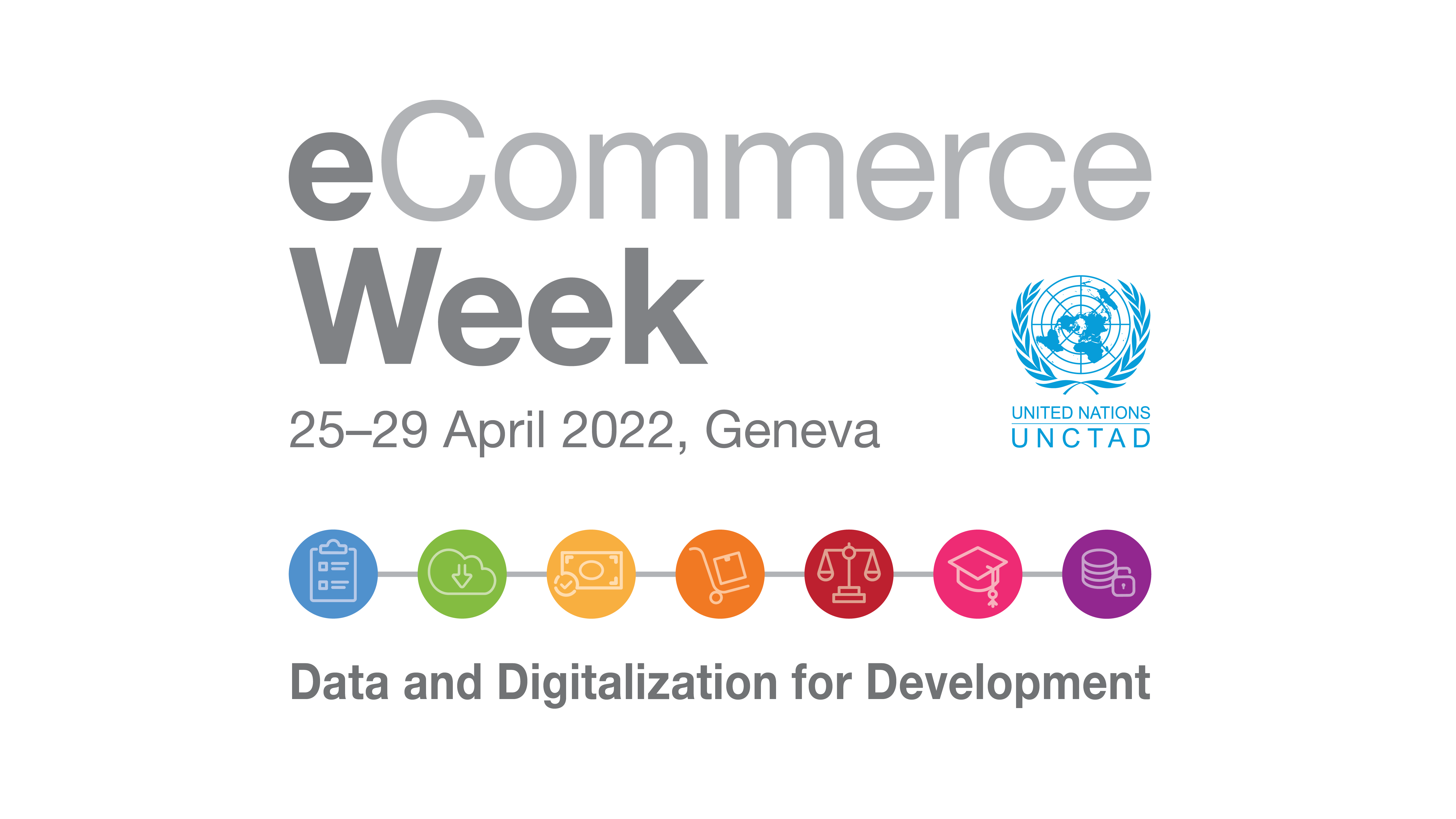The value of data in the information economy
28 Apr 2022 15:00h - 16:00h
Event report
The session discussed how to distribute value from data more fairly, based on the notion that the main owner of value needs to be the individual or community that produced the data. It discussed how proposals on data flows included in trade negotiations in the WTO and in free trade agreements could be harmful to developing countries, while advancing the interests of large, technical companies.
Mr Richard Hill (President, Association for Proper Internet Governance), moderator of the session, mentioned that data is a valuable resource that is financing the business models of large, technological companies and the services they offer. These companies are largely profitable, so the value of data is higher than the value of services they are offering to users.
Mr Parminder Jeet Singh (Executive Director IT for Change) mentioned that the nature of data and the economic exploitation of data are issues that need further discussion. Data flow is not the same as information flow. The notion of information flow is a political construct, while data is an economic construct. Data flows are an important enabler of businesses, such as records of payments and logistics, and nobody is against these enabling data flows. The point under discussion is the business models of companies that focus on hoarding data and transforming it into intelligence for their own private benefit. Intelligence, which is the most valuable asset in trade, is now owned by these corporations. For example, transportation intelligence is owned by Uber. Farmers’ intelligence is owned by Monsanto and Microsoft. This creates a situation of intelligence dependency. The notion of free data flows entails that the collector of data owns it, but the main owner of value needs to be the individual or community that produced the data.
Ms Deborah James (Director of International Programs, CEPR) presented some figures. According to Forbes, more than 2,000 millionaires live in the US, with a total worth of more than US$12.7 trillion dollars. A thousand of them are richer than they were a year ago. The owners of US Tech Titans are among the top fifteen. The stocks of these corporations have sky-rocketed, even during the pandemic, because of the value of the data these corporations hoard. Big tech lobbies to classify any obstacle to data flows as a barrier to trade by banning local data storage or processing, and by opposing data protection regulation, and opposing competition laws adapted to digital markets. Big tech companies are trying to write the rules of the digital economy to safeguard their capacity to collect data and monetise it, and lock-in first mover advantages. Their positions have become the basis of US policy through the influence of tech companies within the US government. The policy of the United States is exported through regional trade agreements and in negotiations taking place at the WTO under the Joint Statement Initiative (JSI) on e-commerce.
In spite of that, the context is changing in the US. Acknowledgement grows that the strengthening of big tech companies is not in the interest of democracy, fair competition, or small business. Norms are undergoing reform to ensure equity in allocation of the value of data, a process that will carry on in years to come. Changes in competition policy in the US are arriving, such as the American Innovation and Trust Online Act, which forbids platforms to benefit their own products. This bill is widely supported by SMEs in the US, and opposed by big tech. In addition, an algorithm accountability act currently recognises the importance of transparency in algorithms. Commenting on the JSI, James argued that negotiations on e-commerce in the WTO will not bring benefits to developing countries as predicted, just like the TRIPS agreement did not bring benefits to developing countries years ago.
Ms Sanya Smith (Legal Advisor, TWN) provided several examples in which companies have abused the use of data, targeting vulnerable people with dubious financial services, for example. She called attention to the fact that developed countries have data localisation laws in place. Australia, for example, requests local storage of health data in Australia. The US and South Africa request data to be stored locally for security reasons. In e-commerce plurilateral negotiations at the WTO, two relevant types of data provisions are allowed. The first are provisions on cross-border data flows, which ensure data will flow out. The second are provisions on location of computer facilities, which forbid data to be kept locally. These provisions are also present in free trade agreements, such as the EU-Indonesia agreements Exceptions in these data provisions usually repeat exceptions in the WTO law. However, it is very difficult for a country to successfully invoke these exceptions in practice. In the dispute settlement system, countries have succeeded in their use two times.
Hill concluded that it is premature to develop international law on data flows, if no blueprint about data regulation exists in national laws. If governments agree to international norms on data flows, they will preempt the possibility to develop national laws that fit their needs. James agreed that data needs to be discussed at the local level and not hijacked by trade negotiations. Hill also mentioned that many internet governance issues are pushed into WTO negotiations, which is not a multistakeholder setting and is not open to non-governmental actors.
By Marilia Maciel
Related topics
Related event

